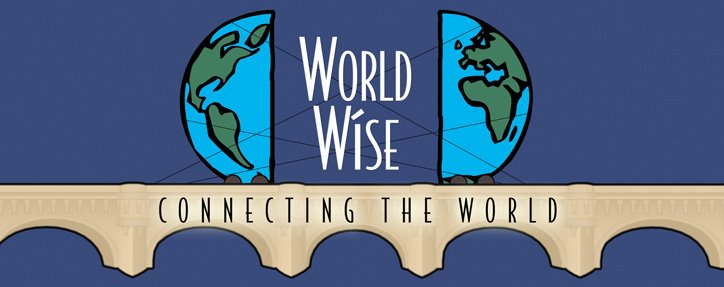A few days ago I heard a presentation by Mary
O’hara-Deveraux of Global Foresight (http://global-foresight.net/). Mary is a futurist who speaks regularly about
the future trends in life and business.
This past week in part of her talk she referenced the findings of
McKinsey’s Global Institute’s Urban World Cities project. http://www.mckinsey.com/insights/urbanization/urban_worldcities-photo-essay.html
Briefly they said that today 600 world cities contribute 60%
of the world’s GDP. But slightly more
than a dozen years from now, think 2026, 600 cities will contribute 65%.
A measurable uptick but more importantly the names of the
cities on the list of 600 will change.
We’ll see hundreds of cities in China, Vietnam, India, Pakistan, Sudan,
Nigeria, Russia, Germany, the Netherlands and Spain replacing names that are
now included.
What will drive some of these changes? We’ll see growth, both in population and
economic activity. One driver of both is
entrepreneurial activity. Greg Lindsay
wrote an intriguing article in Inc. titled “Top 5 Start Up Hubs of the Future – and
they’re not in the US”. The list didn’t
include Boston, Austin or San Jose. His
top 5? Istanbul, Dubai, Santiago,
Tallinn and Shenzhen. (http://www.inc.com/magazine/201503/greg-lindsay/pushing-the-boundaries-global-cities-photo-essay.html)
Will these five cities be on McKinsey’s list in 2016? Let’s go see them now and again and again and
decide for ourselves.







